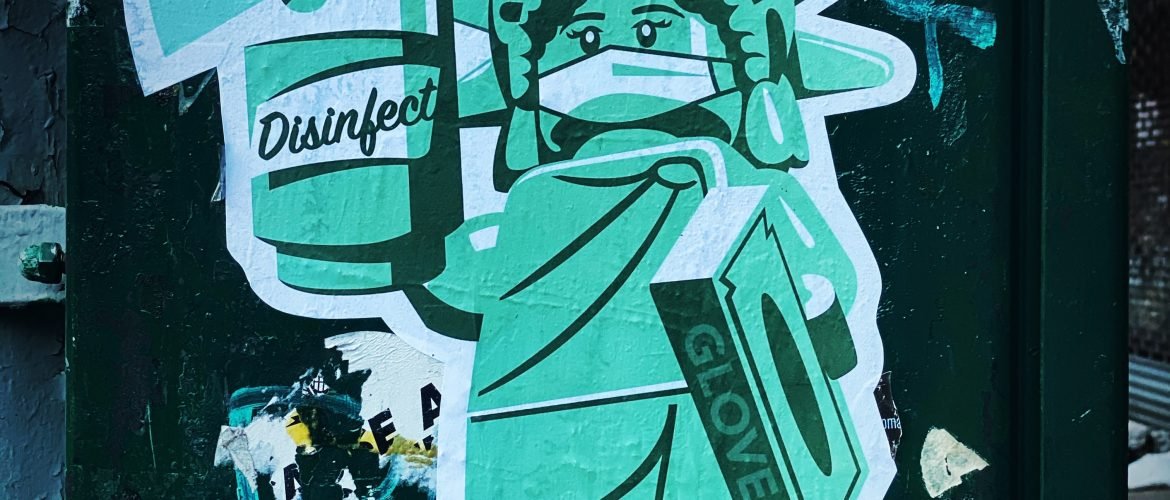COVID-19 has been called “The Great Pause,” a time for reflection and introspection. While the pandemic continues to turn the world upside down, new realisations are beginning to dawn on us.
The COVID-19 pandemic has brought massive changes to our lives and ways of thinking. People’s movement has been severely restricted and many sectors of our economies have been shut down. Whereas immediate environmental impacts of the pandemic are evident in a drop in carbon emissions and decreased air pollution, it may not contribute to a longer-term decrease in global warming. If anything, the pandemic does force us to ask whether there is anything we can bring forth from this in terms of climate and environmental policies.
The most important changes are currently underway, though there is no going back to the previous way of living or “normal”. The ship has sailed, the train has left the station and the corona virus is not going away. And even as we see many institutions around the globe are working to create the vaccine for the coronavirus, the risk will always endure because climate change and erosion of wildlife habitat will ensure a ready supply of zoonotic viruses. Companies will have learned to build resilient supply chains. White collar workers will have discovered that they don’t have do as much commuting as before. Air travel will go back to being a luxury. And so on.
Artificial Intelligence, Autonomous Machines, Augmented Reality, Blockchain Sensors, 5g and satellite constellation networks will revolutionize business operations. These six new technologies will combine to create incredible new products and services and serve customers is a completely new way. Our future remains bright. And, working together, we will make it so.
Instead of wishful thinking and expecting or hoping for the future to be a return to the past, it would be worthwhile for business owners to take the time to reflect on what sort of change their respective industries will undergo. This is not a bad time to start afresh, perhaps in new and emerging sectors or possibly even with new business models.
Source: The Guardian, Forbes
Article by Pramod Manjunath



